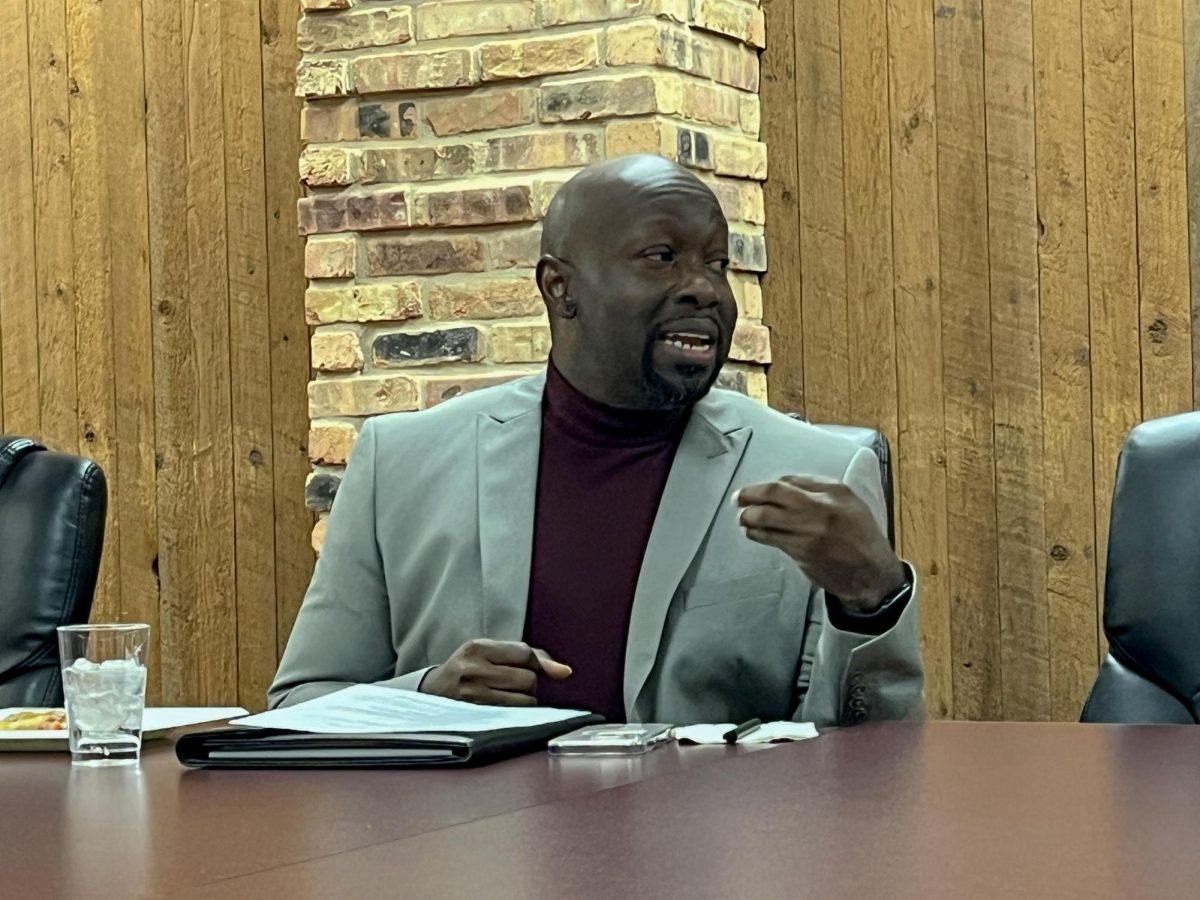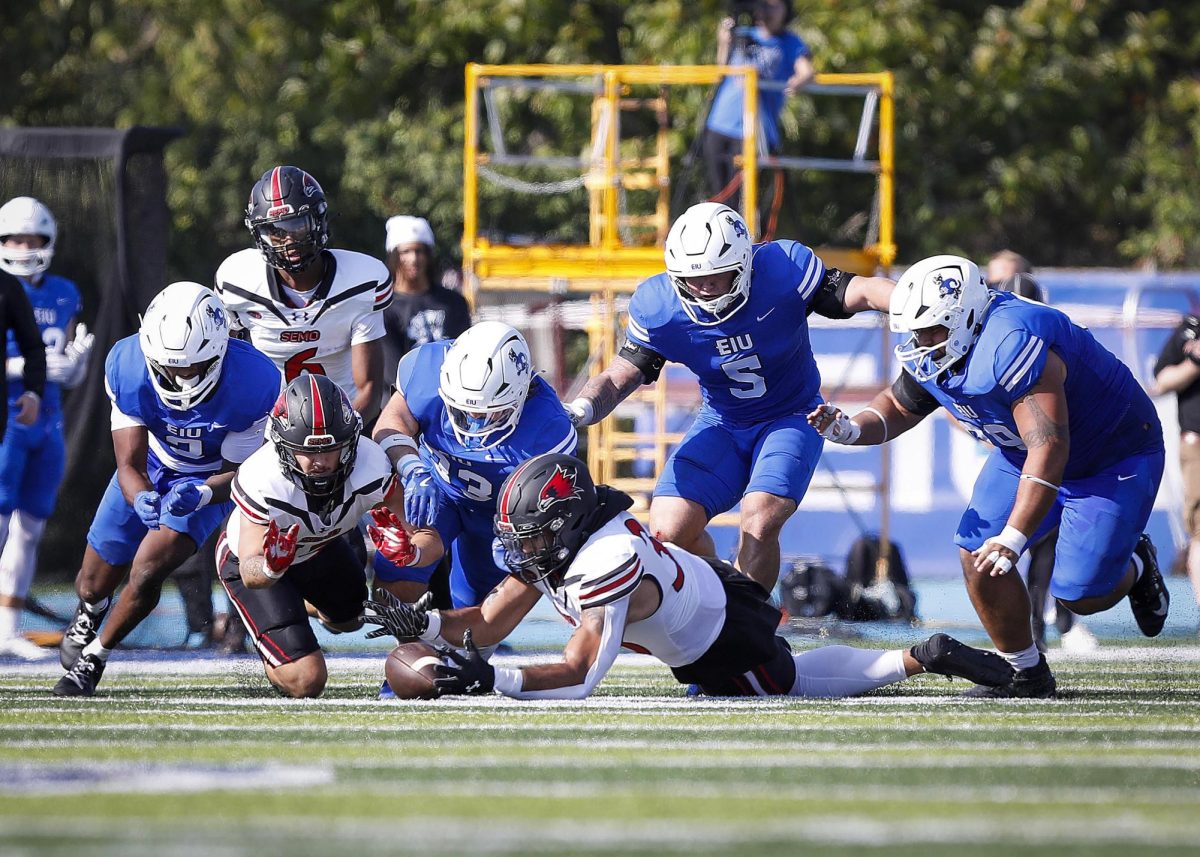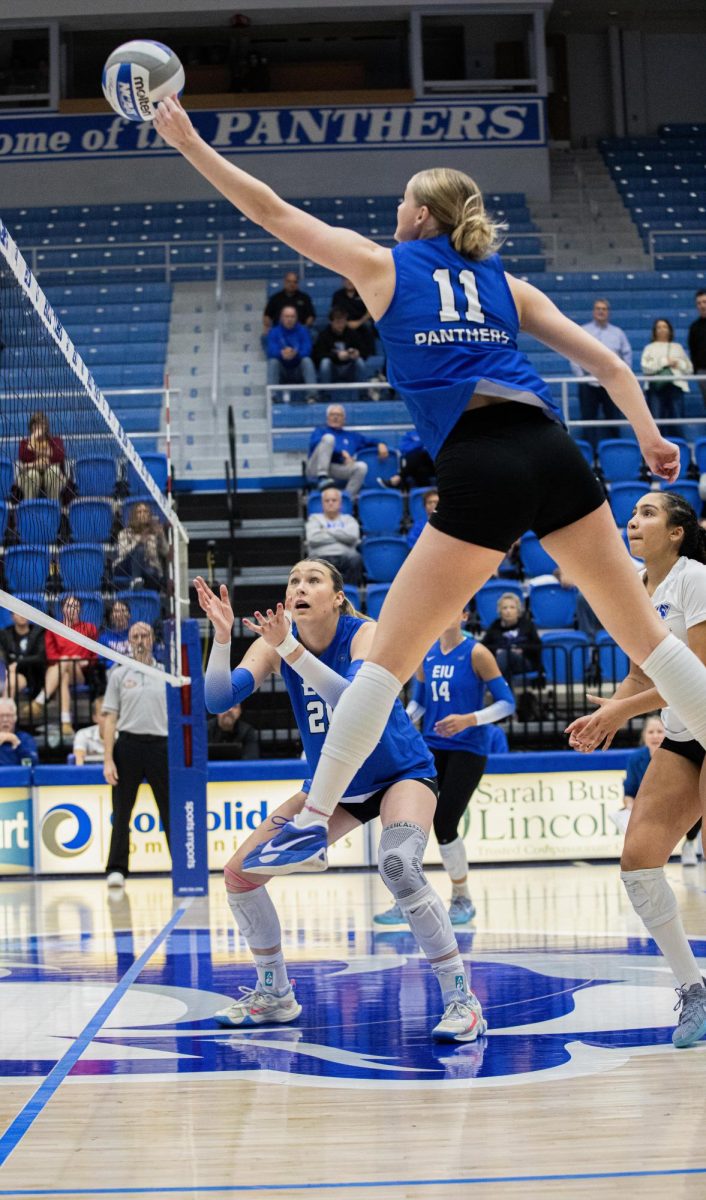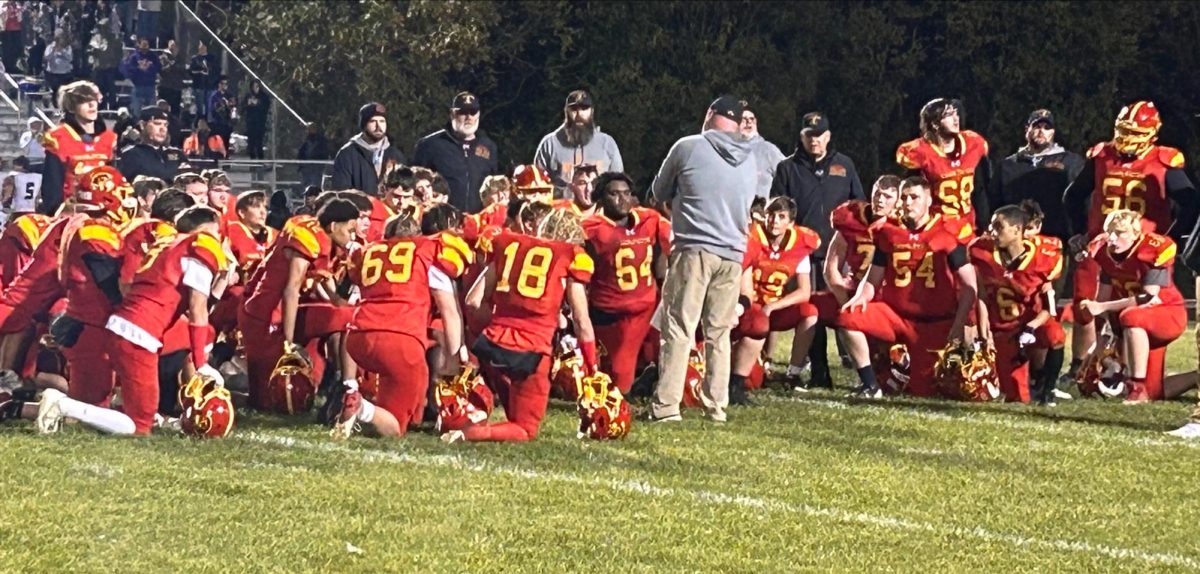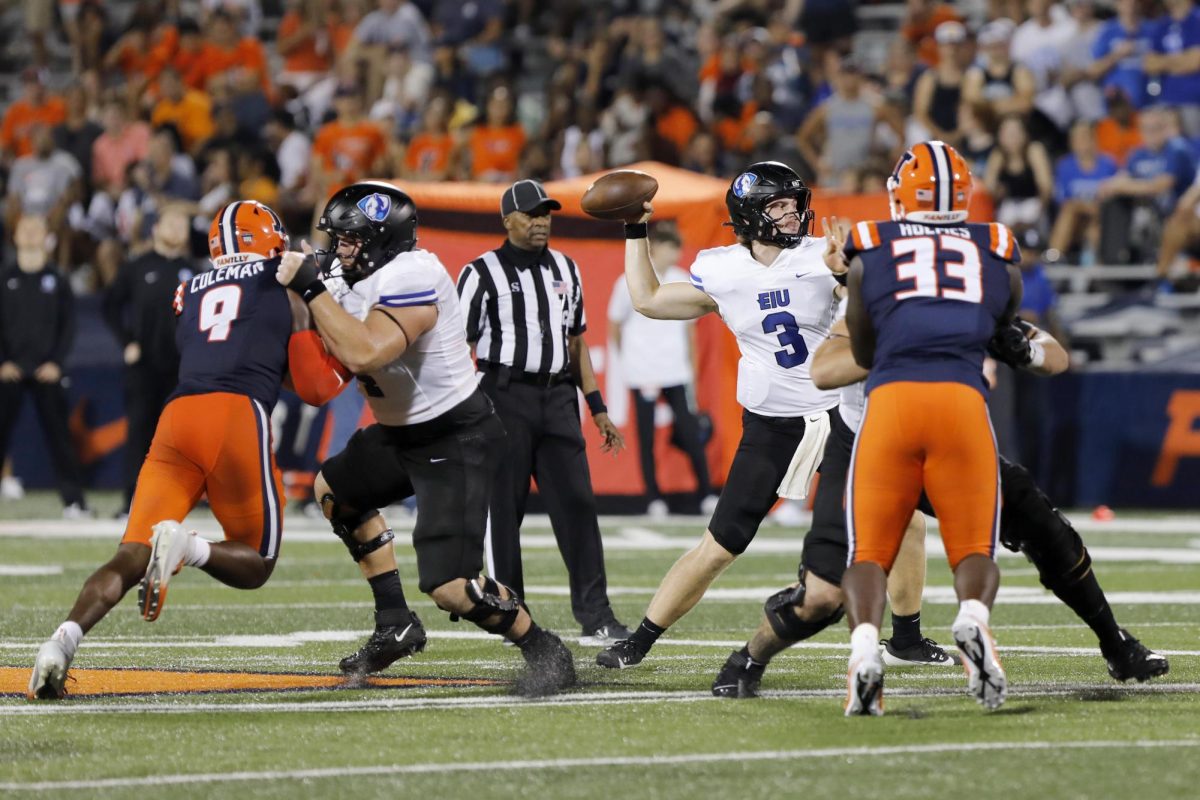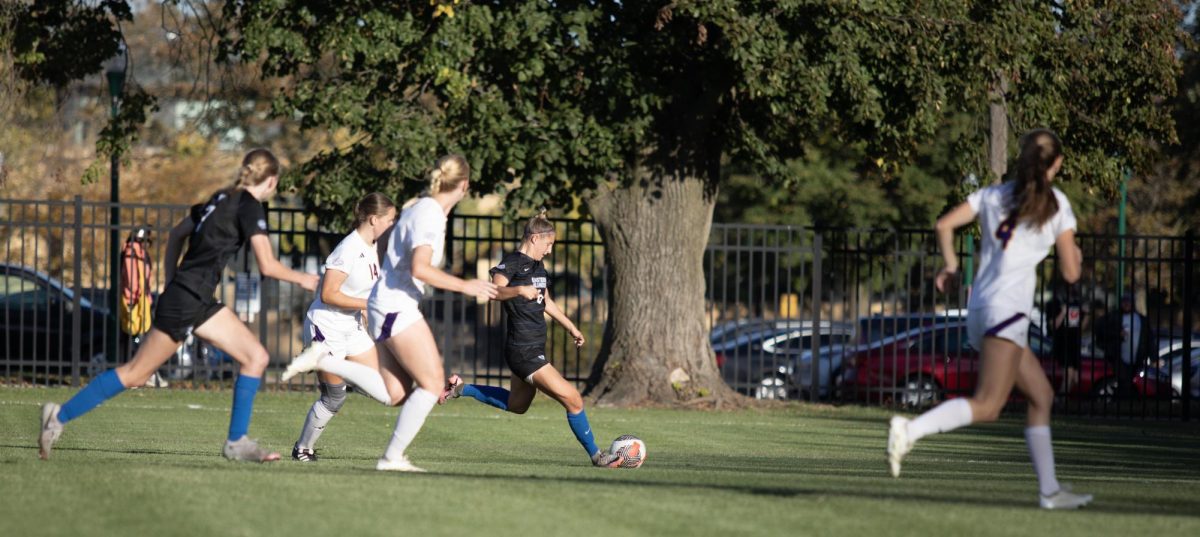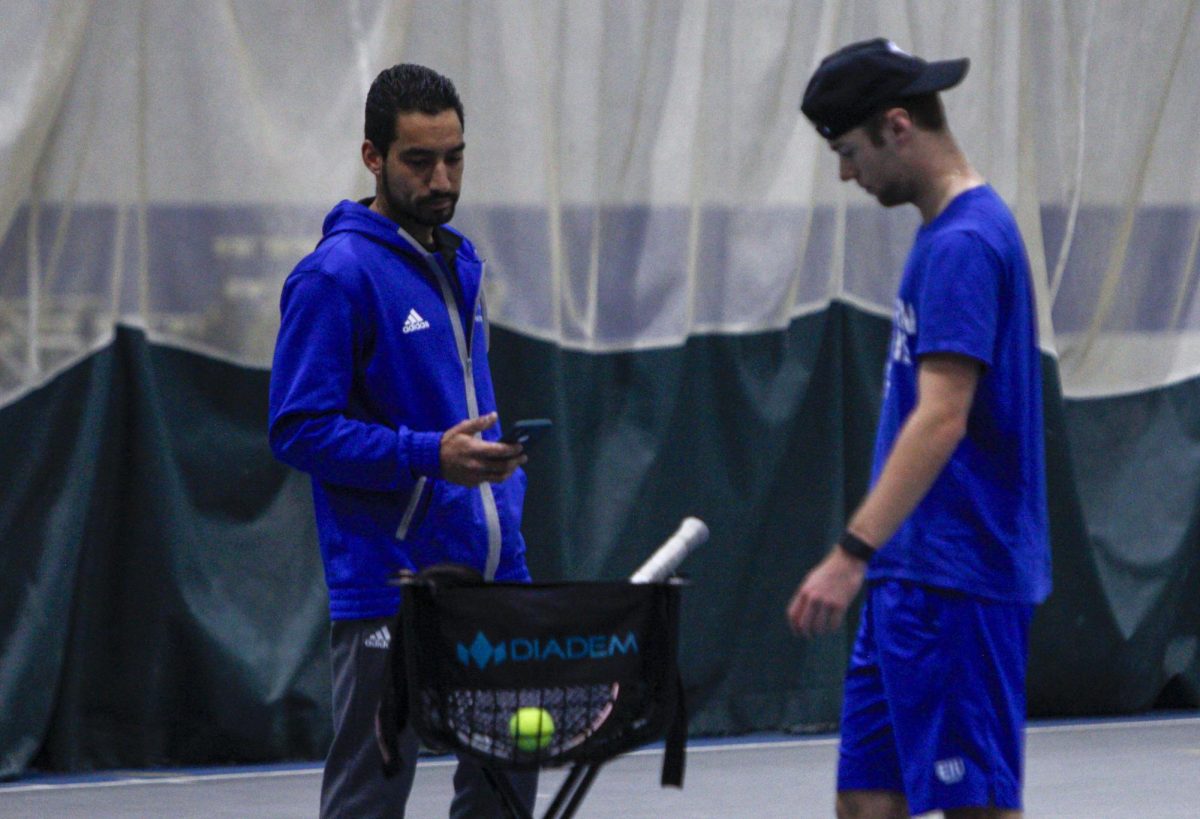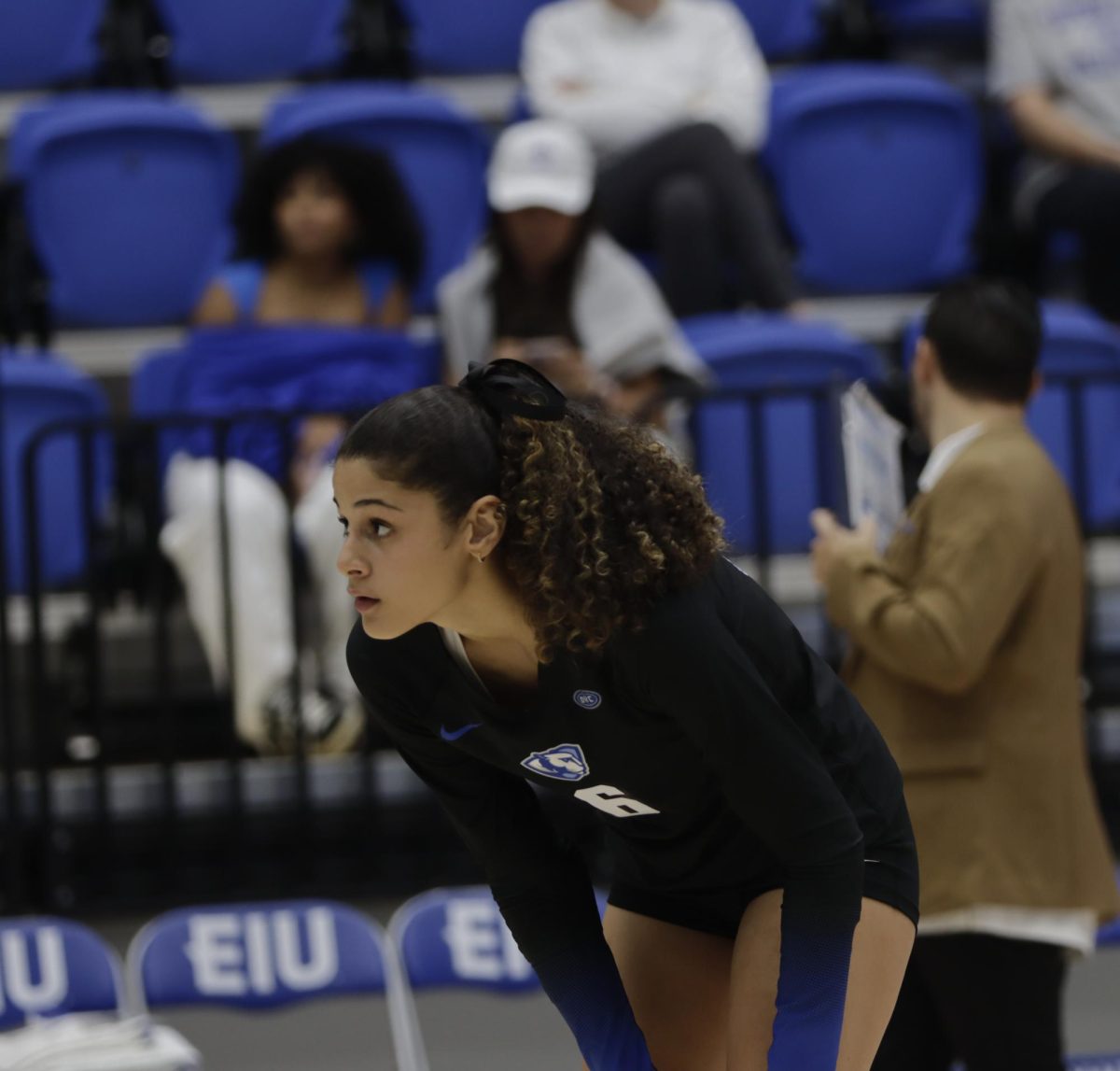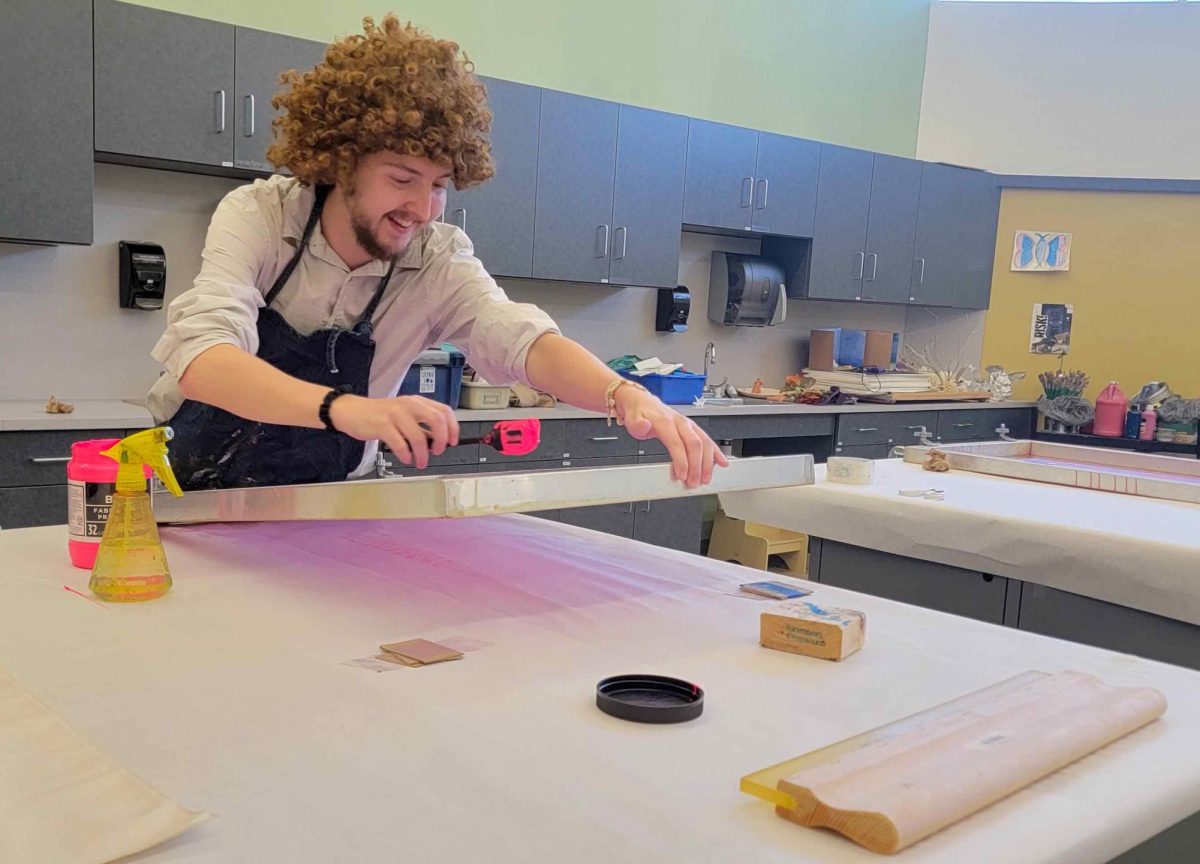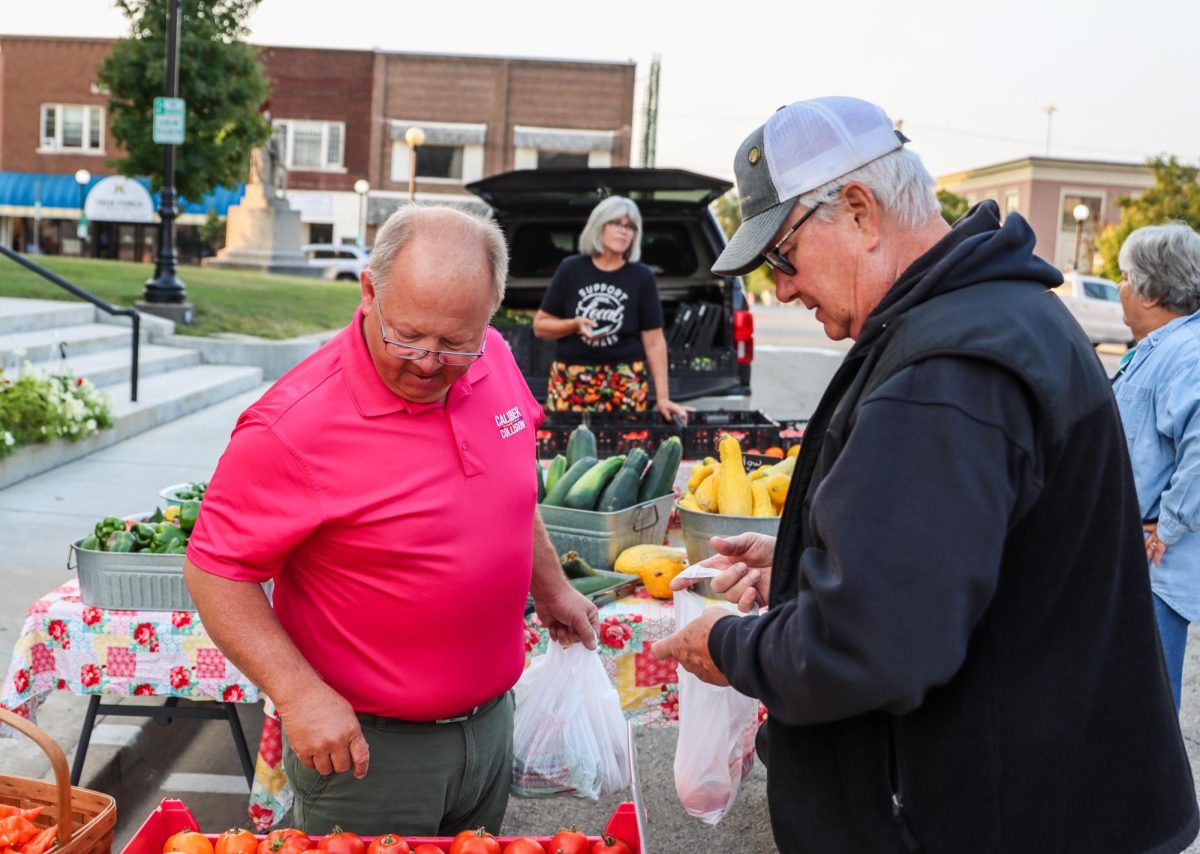Column: Food safety at stadiums is no joking matter
November 18, 2014
Not long ago, ESPN “Outside the Lines” published a piece on the food being served by the corporation Aramark at Kansas City’s Kauffman and Arrowhead stadiums, home to the Royals and the Chiefs.
The article showed food that had “routinely been putting fans’ health at risk.” The details of which are enough to make you lose your appetite.
According to the report, conditions at the stadium included “cockroaches in vending areas, mouse feces on the same tray as pizza dough, sinks where employees were supposed to wash their hands being blocked by boxes or trash, employees eating in food prep areas and trays of food headed for customers that measured at unsafe temperatures.”
Many of these allegations were brought forth by a former employee, John Costa. Costa said he brought his concerns to upper management before the time of the World Series, but that he was ignored.
After nothing was done, Costa sent photos to ESPN and other local media. Since then, he’s been placed on paid administrative leave for a violation of Aramark’s media policy.
His superiors call him a “disgruntled” employee, but what he really should be called is a public hero to those people who have probably eaten God knows what (and paid a ridiculous amount for).
Food and food safety isn’t something to mess around with. If your job is to serve food or prepare food, you need to take extra special care with your responsibility. You may hate your job, you may just be doing as you’re told, but you should have the common sense and decency to not serve people a $9 sandwich of garbage and disease.
For a lot of people, eating slightly bad food might not be too big an issue. A little indigestion or diarrhea seems unpleasant, but in the long run will just be a minor inconvenience.
But the biggest concerns have to deal with serving those people who may be very young, very old or have immune system issues. It’s these people who have the possibility of becoming very sick and would be in much more serious of danger. When foods that are supposed to be kept cold aren’t kept cold or foods that are supposed to kept hot aren’t kept hot, it brings out the chance for bacteria to fester.
I can only hope that these types of things aren’t going on at other stadiums or venues, but you can never know. Maybe its better to not spend obscene amounts of money on food that could potentially destroy my insides. I’d rather not have to deal with that.
I understand the fear of potentially losing your job, but I have to side with potentially not getting thousands of people sick based on the rancid food being sold. More people need to be like Costa.
Dominic Renzetti is a senior family and consumer sciences major. He can be reached
at 581-7912 or denopinions@gmail.com.



